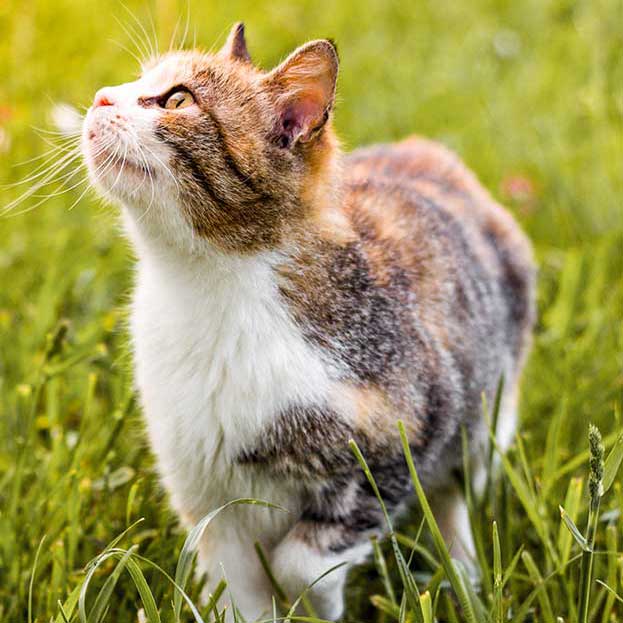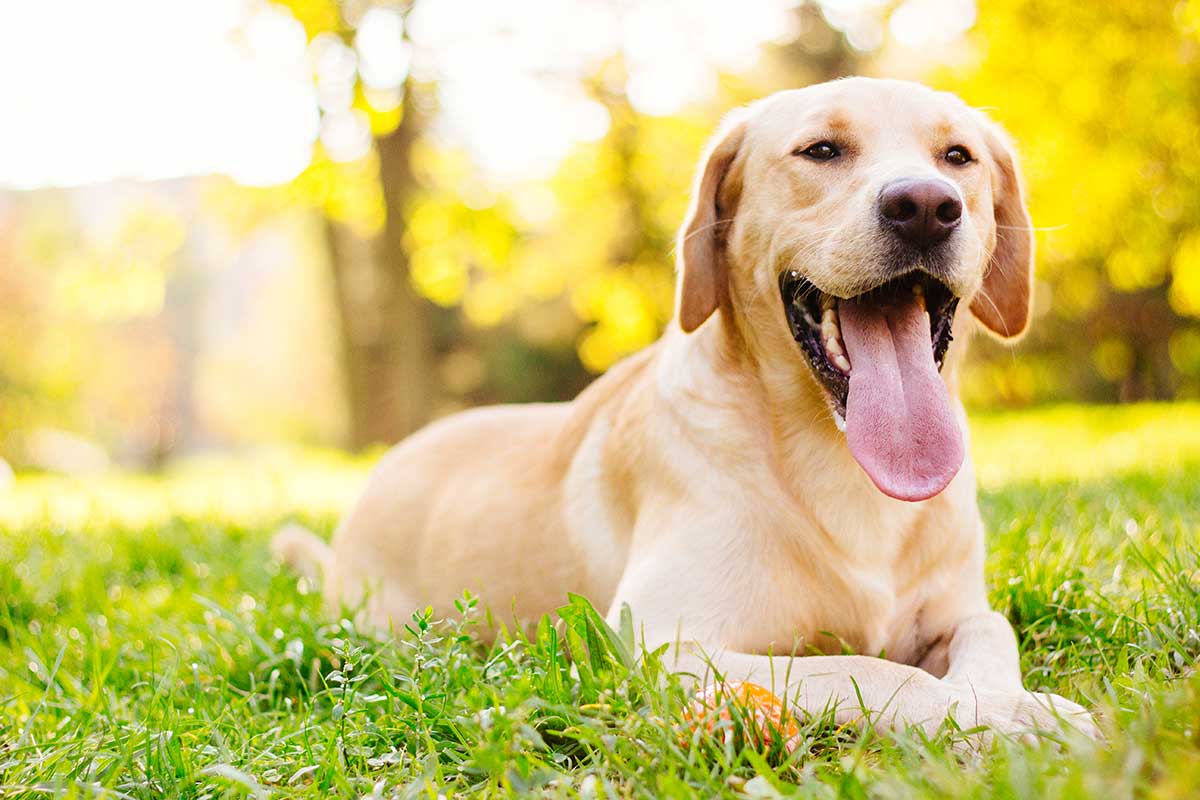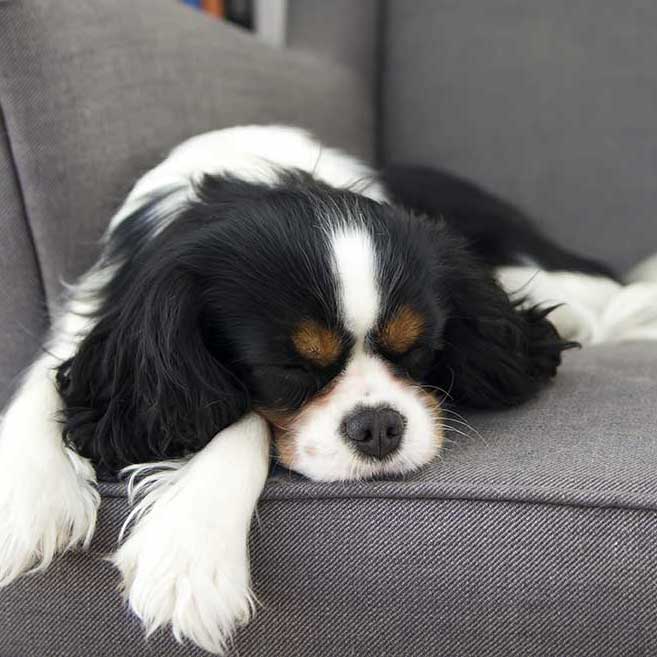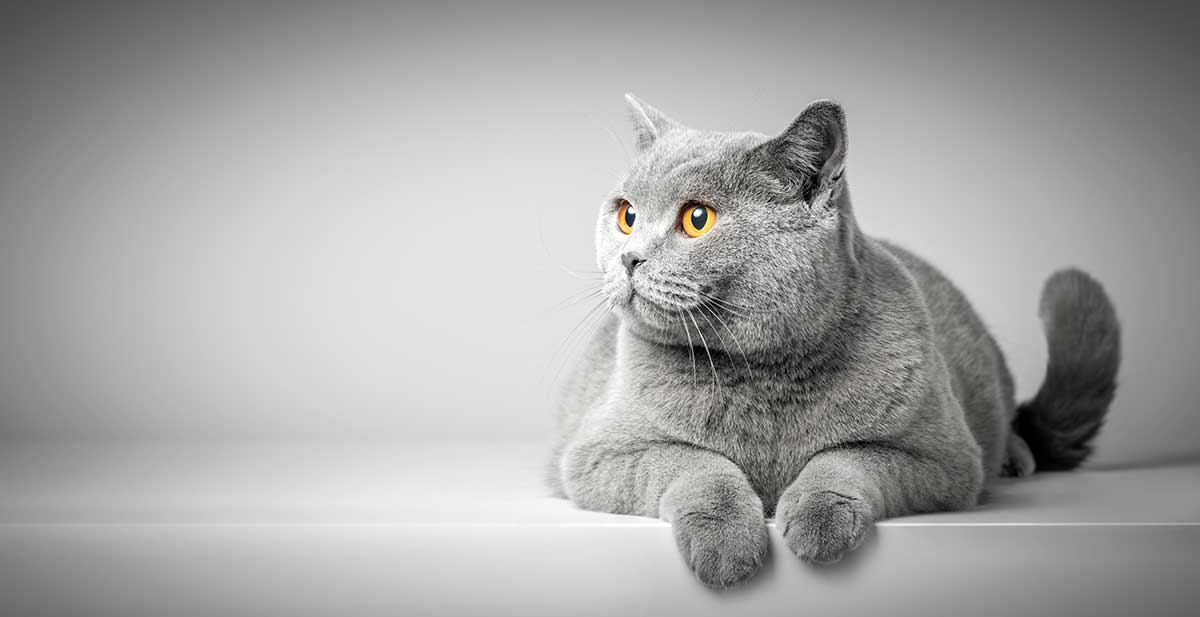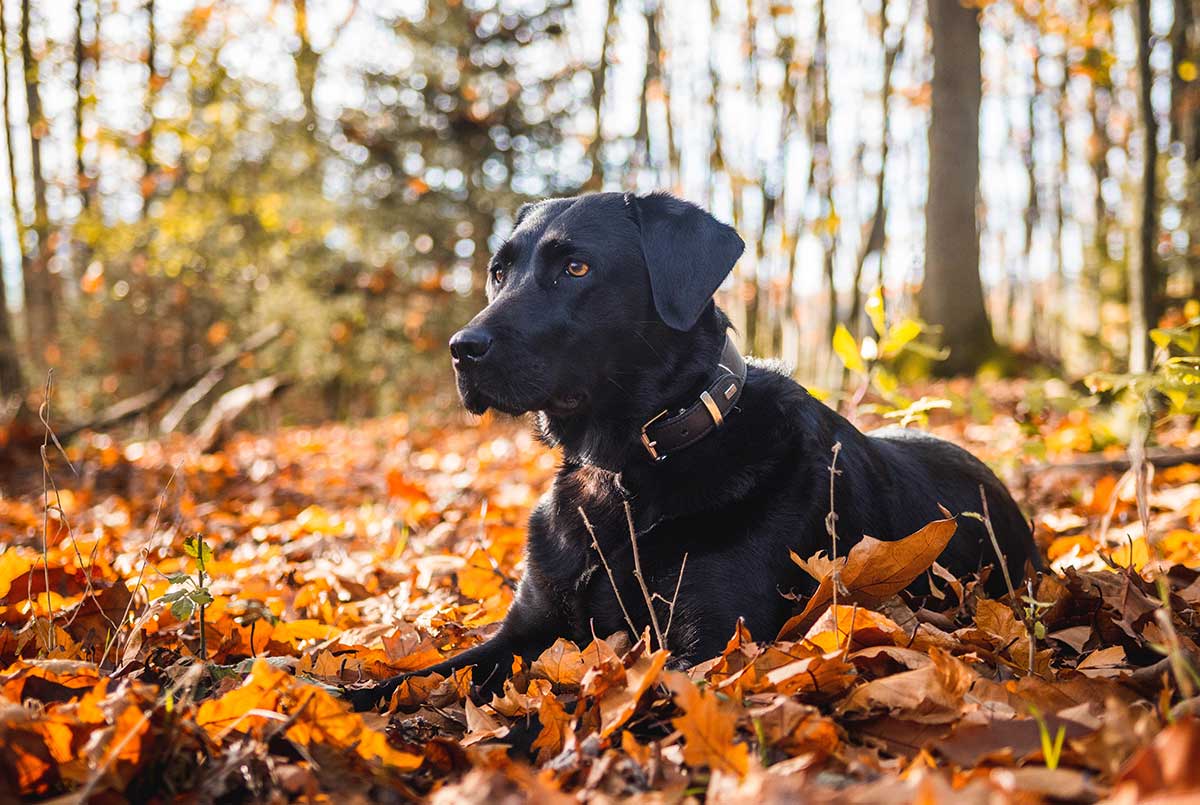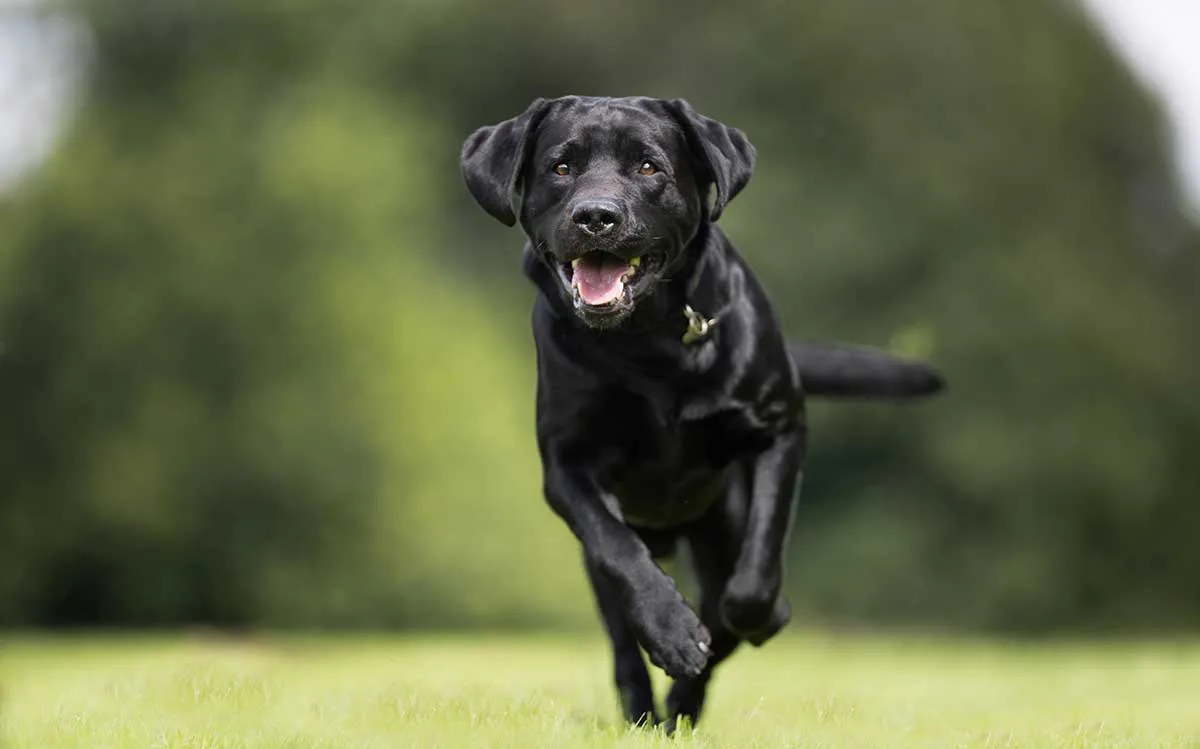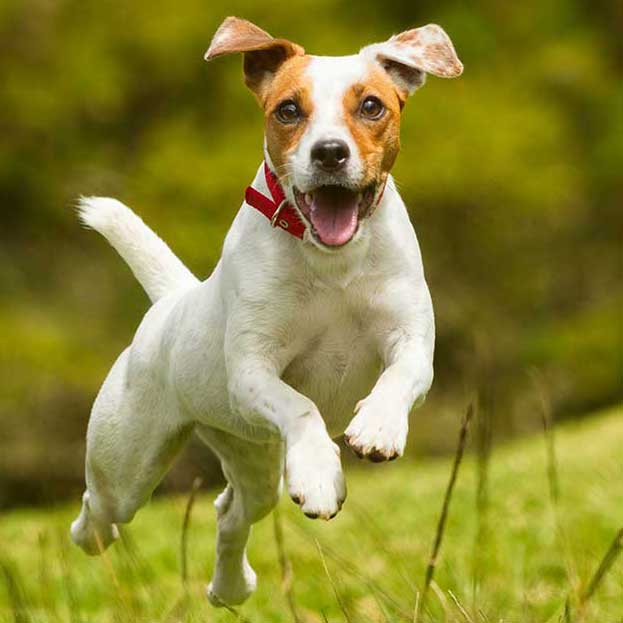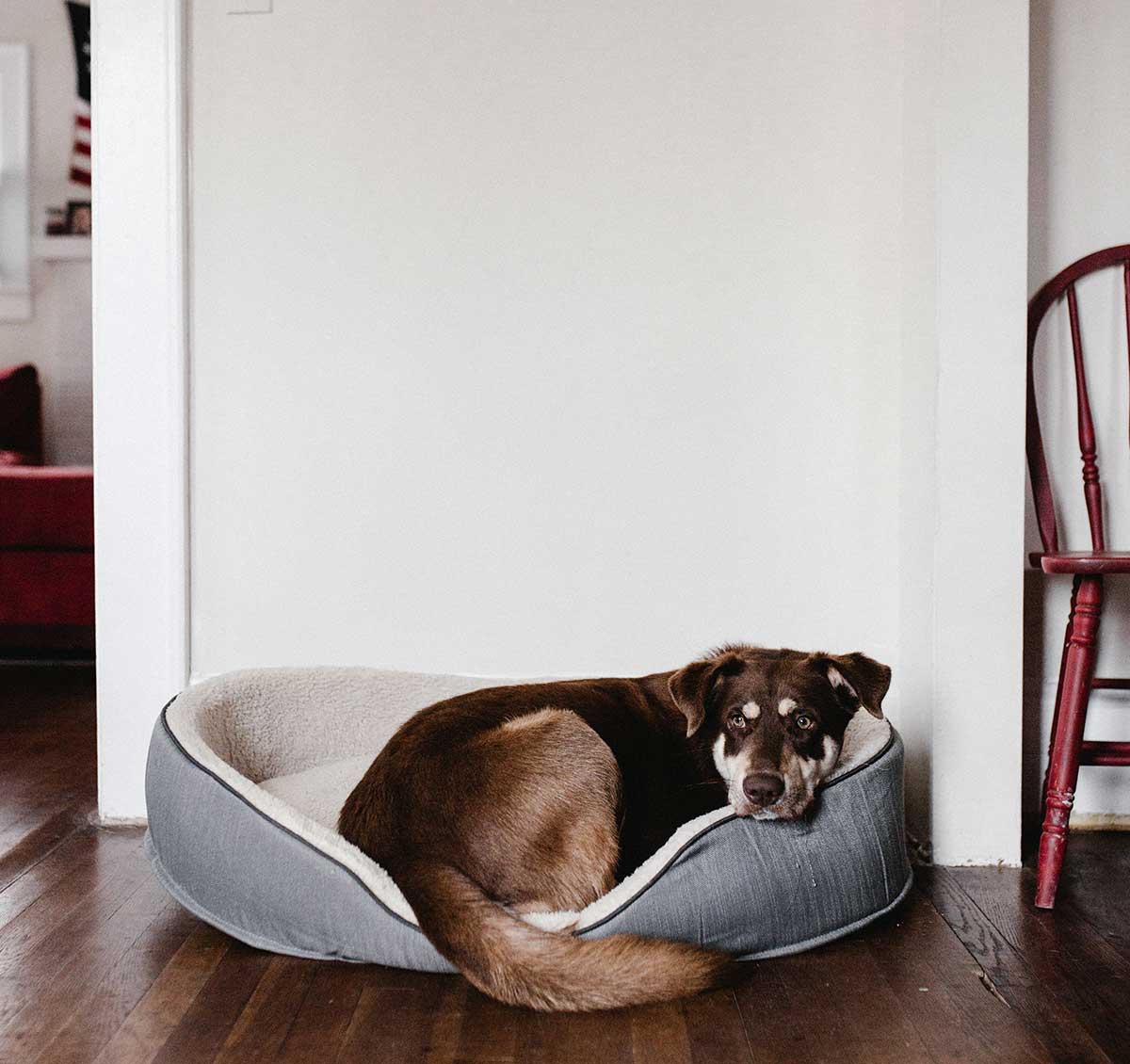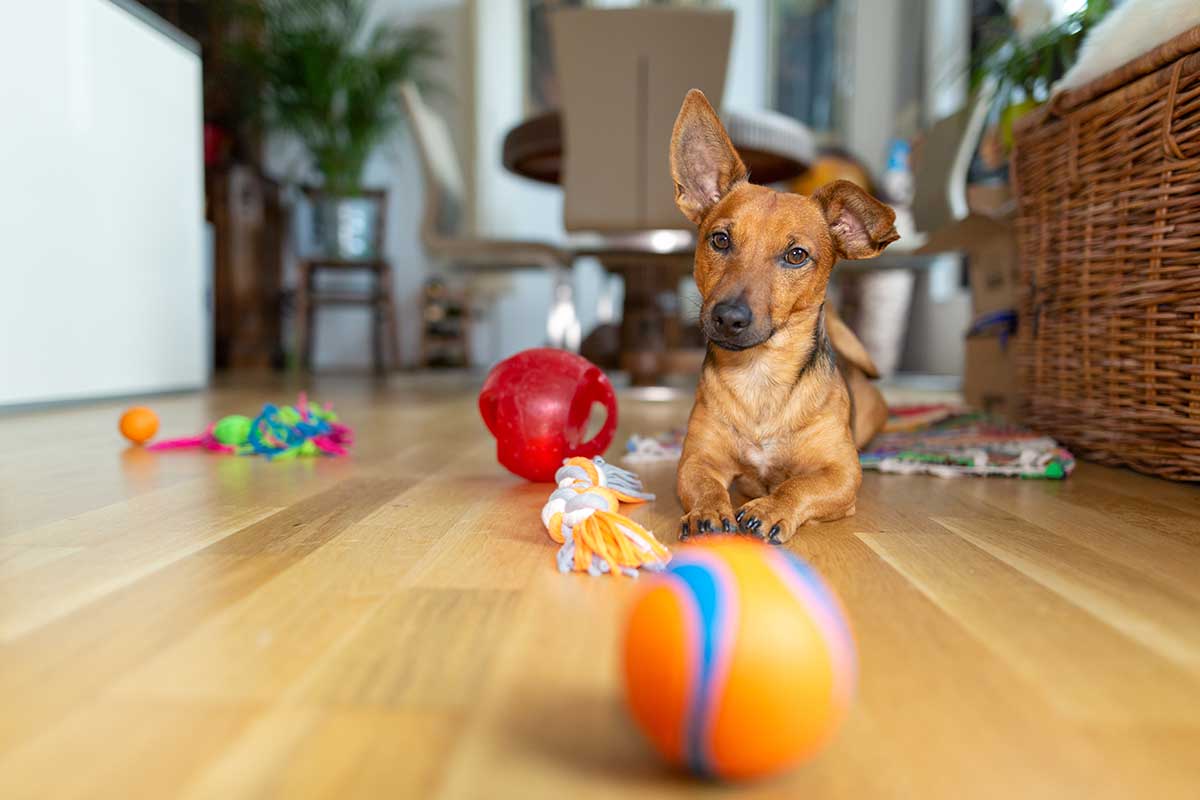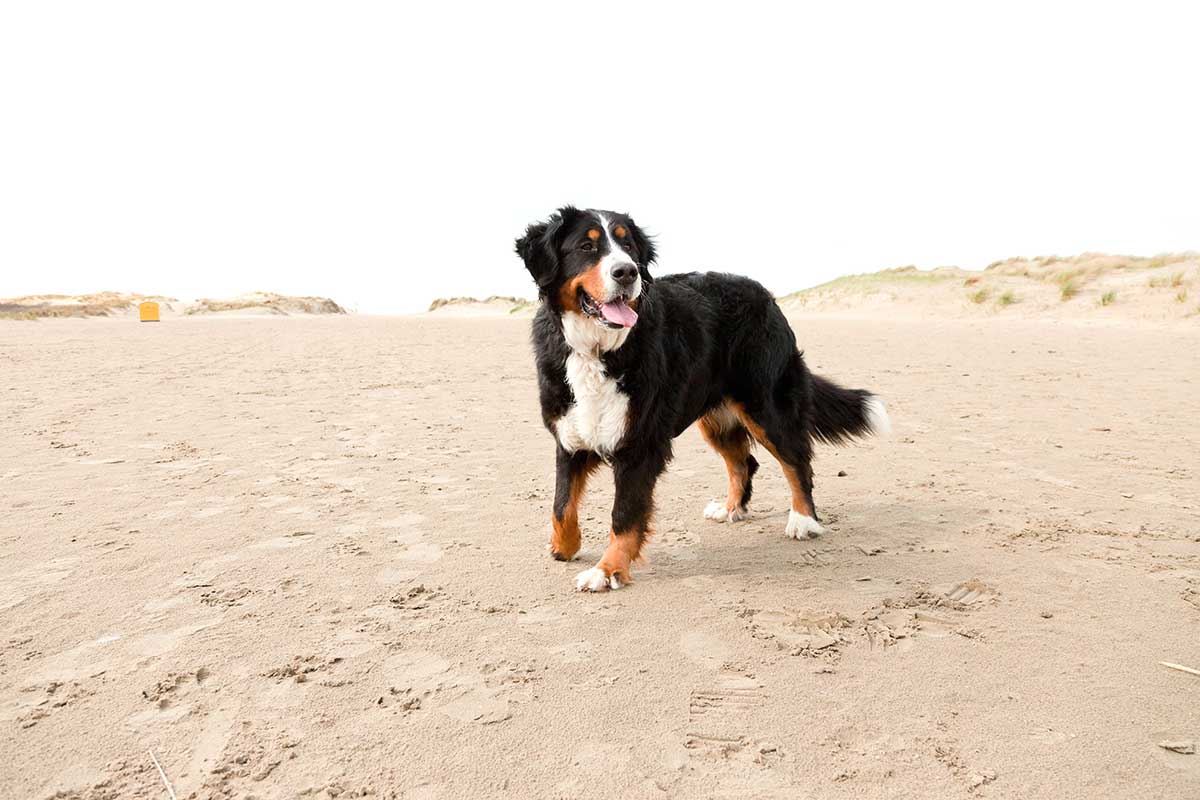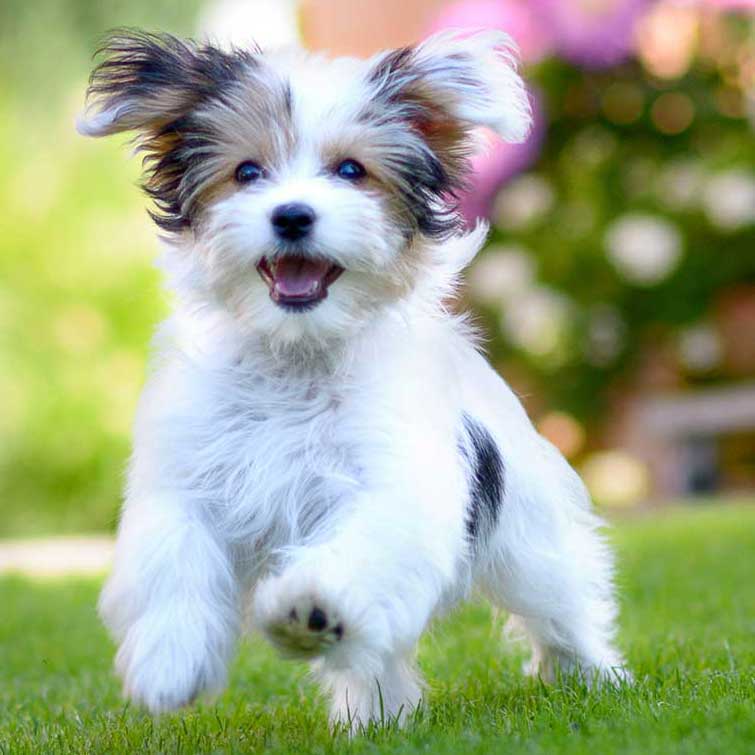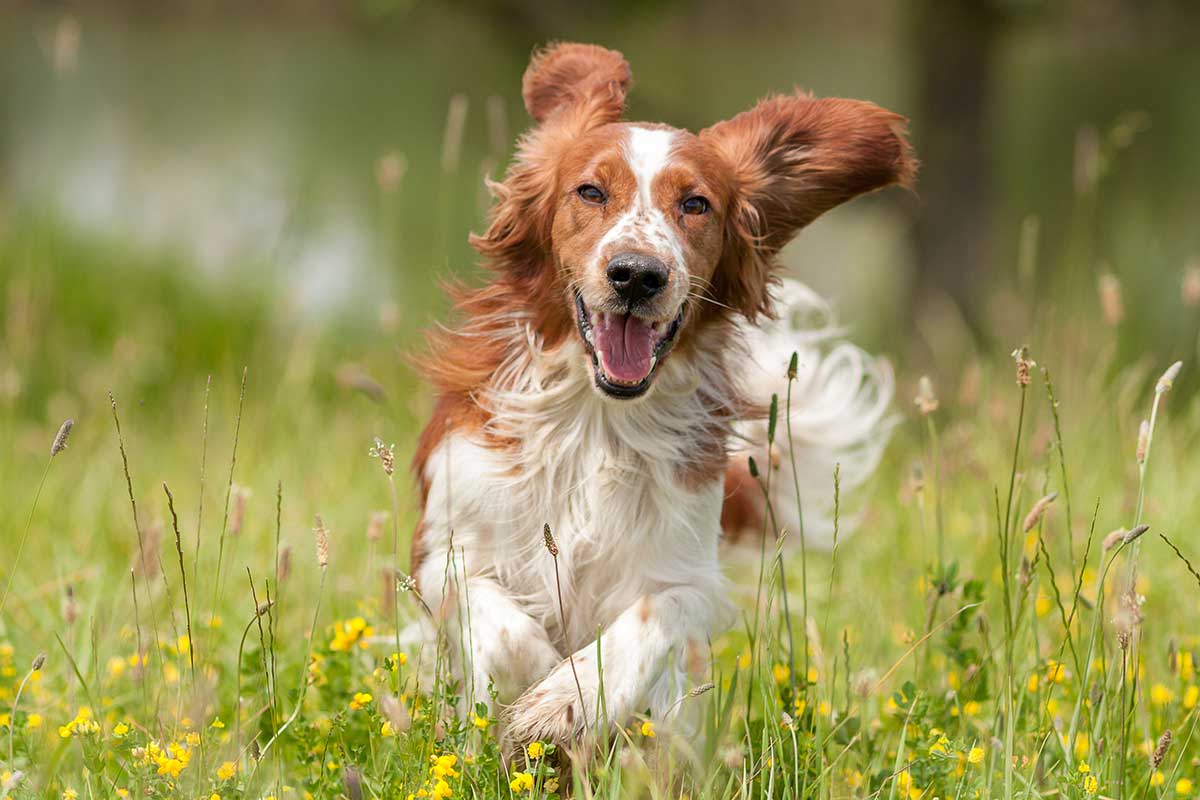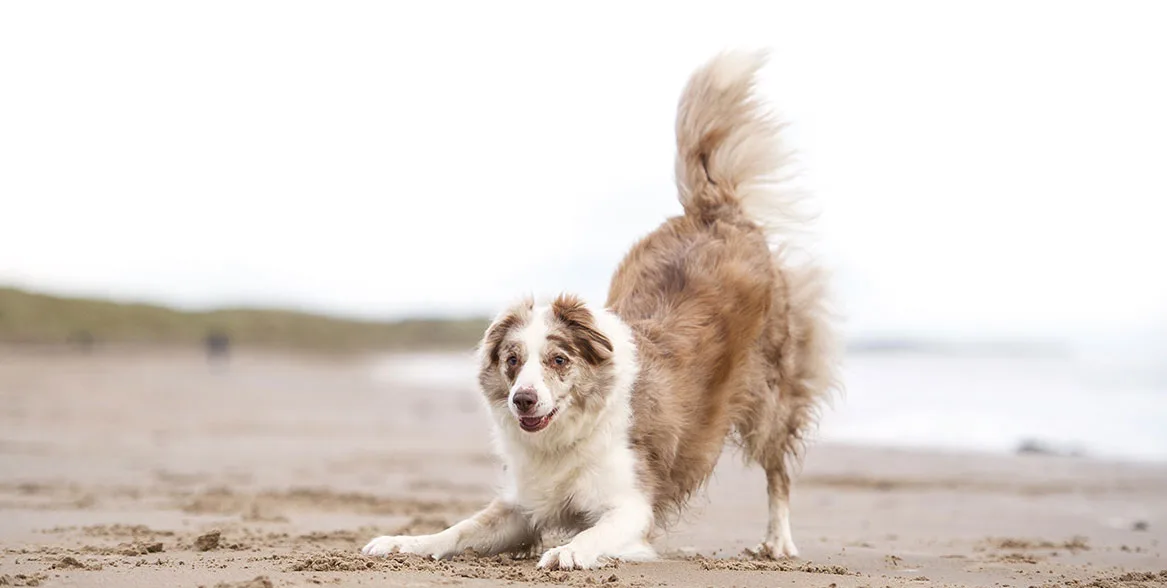
Probiotics for pets are a key ingredient to help keep an animal’s gut healthy. Like humans, the majority of a dog and cat’s immune system resides in their gut.
The gut is the largest immune organ in the body, which also digests and absorbs food. It is populated by trillions of bacteria collectively called Microflora, which support a dog or cat’s digestive function. The bacterial population can be affected by a number of aspects and bad bacteria can flourish and multiply.
This could lead to an upset tummy. Due to the inquisitive and natural presence to explore, scavenge, taste and put themselves in places they shouldn’t be (plus owners & humans have a habit of offering too many treats), pets are prone to experience tummy upsets which can lead to:
- Excessive gas
- Regurgitating or vomiting
- Changes in your pet’s appetite
- Loss of weight
- Changes in stool consistency, and quantity
- Eating grass to alleviate discomfort
- High temperature
- Lethargy and general feeling unwell
The intestinal tract is the organ in the body that digests and absorbs food. It’s populated by bacteria that keep your dog healthy. If your pet develops an upset tummy it may result in a trip to the vets for your four-legged friend.
What are probiotics for pets?
Probiotics are living organisms that are found naturally in foods such as yoghurt. They are known as ‘good’ or ‘friendly’ bacteria as they compete for space and fight against bad bacteria and prevent them from settling in the gut. Probiotics for dogs and cats can have a positive effect on their digestive system. They can help to promote friendly bacteria within the gut, as well as replenish the natural balance of gut bacteria and improve their stool consistency.
Good bacteria is integral for your pet’s gut health, but they also support their brain, digestion and their immune system. Boosting your pet’s immune system is one of the most important roles of probiotics.
Approximately 70% of the body’s immune Lymphatic tissue is located in the digestive tract, mostly in the form of ‘Gut-Associated Lymphatic Tissue’ (GALT). The GALT contains many types of immune cells that optimise the efficiency of the immune response. The GALT contains many types of immune cells that optimise the efficiency of immune response. Studies have shown that having a healthy microflora stimulates the immune tissue. Therefore, a healthy digestive system is important for optimal immune support, as well as helping to aid recovery.
Viruses and bacteria can enter the body through your pet’s mouth and probiotics are present starting in the mouth and throughout the gastrointestinal tract. Maintaining your pet’s good bacteria can help to keep pathogens in check.
Why your pet may need a probiotic
Dog probiotics can play a crucial role in their overall health and as a pet owner, it is important to understand why maintaining the balance of good bacteria in your pet’s gut is crucial to help them lead a healthy life. Poor diet and other environmental stresses can impact the beneficial bacteria in a dog and cat’s gut.
How probiotics can be beneficial for pets:
Maintain long-term gut health
To help maintain long-term gut health and a healthy digestive balance. Probiotics can help with conditions such as, inflammatory bowel disease, chronic or infectious diarrhoea and pets with a history of gut related problems.
Maintain tummy comfort
Do you have a nervous dog or cat? If this is the case it could have an impact on their digestive system and using probiotics for pets could help to look after their digestion during stressful periods.
Immune support
They can help to optimise the efficiency of the immune response to fight infection and boost immune system functioning.
If taking antibiotics
They can help to repopulate the balance of good bacteria that antibiotics wipe out.
During recovery
They can help pets who are recovering from surgery or treatment who require added immune support.
Tips to aid gut health in pets
To help your pet maintain a healthy gut, alongside probiotics, there are some positive things that you can do, which include:
Food
Feed a high quality, well balanced diet and try to avoid sudden changes in their food as this can affect the intestinal microflora. If a diet change is needed, make sure that this is gradual, initially adding small amounts of the new food to the current diet and gradually switching to the new diet over 10 days or so.
Reduce stress
Keep surroundings and particularly your pet’s own property (e.g. their bed) the same. Ensure they have places to hide away from people if needed and that they are supported through any stressful events.
Avoid scavenging
Avoid any sudden changes in food or consumption of fatty Hunan food or potentially toxic foods.
Parasite control
Maintain regular parasite control to help avoid situations that could affect the gastrointestinal tract, digestion and gut health.
Weight management
It is important to give your pet consistent meal times and to weigh their food to maintain regular amounts. It is also important to take into account treats that you may give, as these must be considered part of your pet’s diet.
Boost morale
Pay regular attention to your pet, playing with toys and exercise can reduce stress and promote general wellbeing.
Vet advice
If you are worried about your pet, then you should consult your vet for any gut related advice and work with them to put together a management plan for your pet.
Probiotics for pets are becoming recognised more and more as a positive way to improve the health and wellbeing of dogs and cats, by both vets and pet owners.




